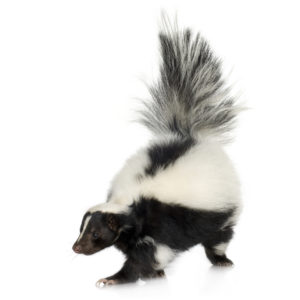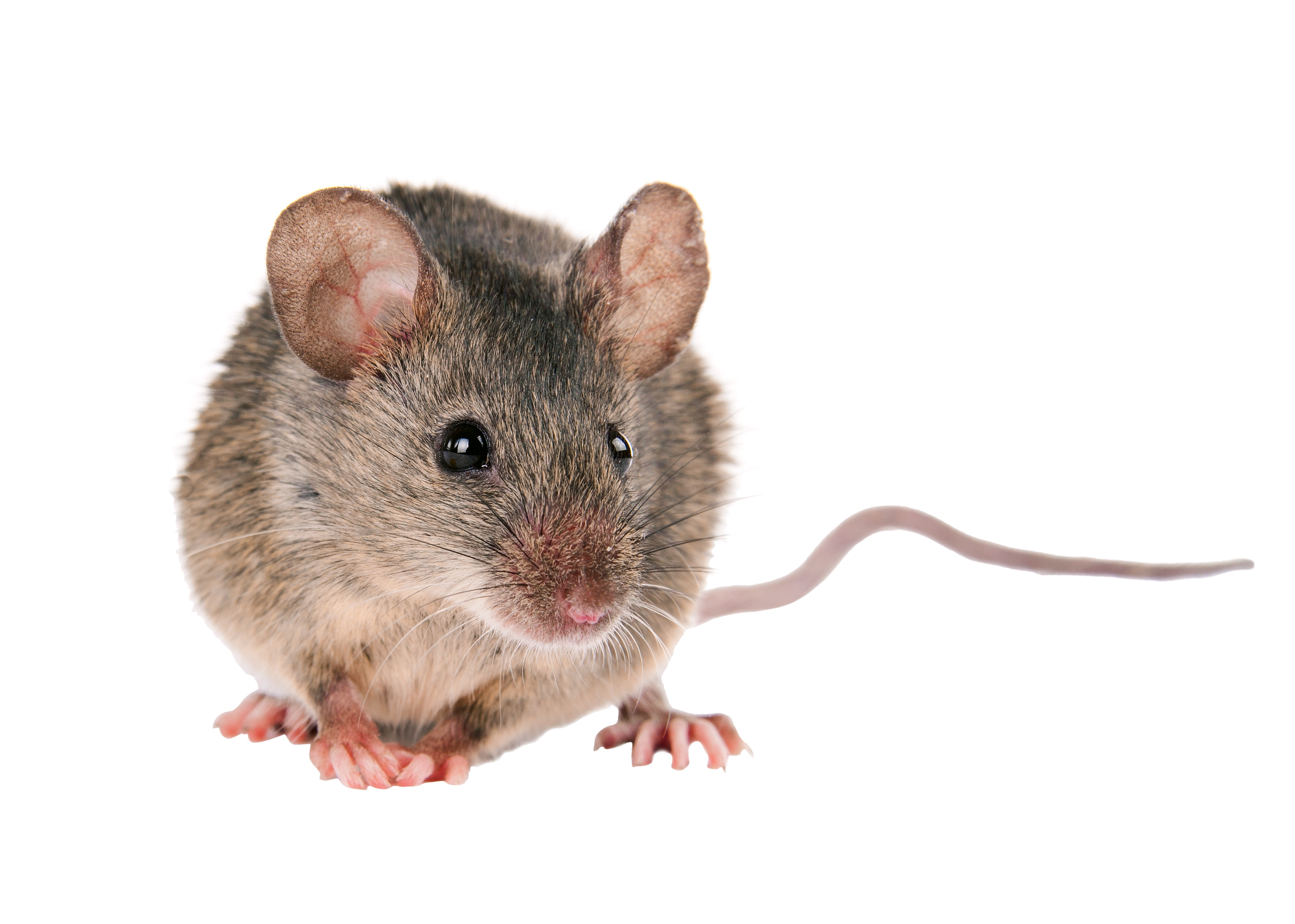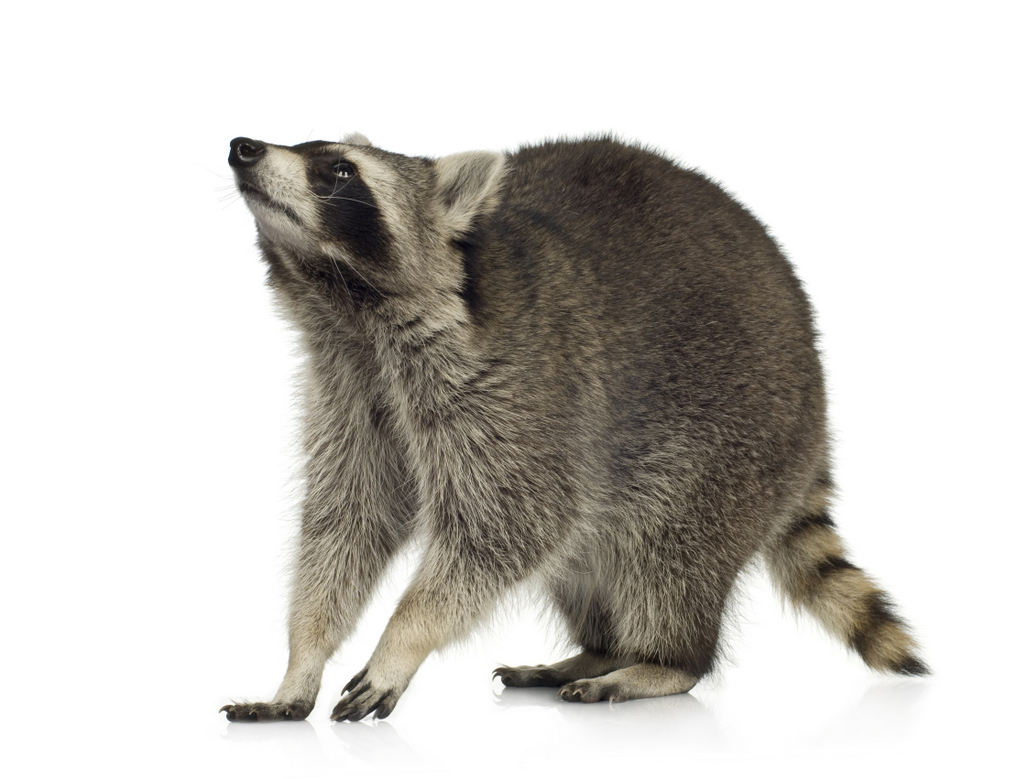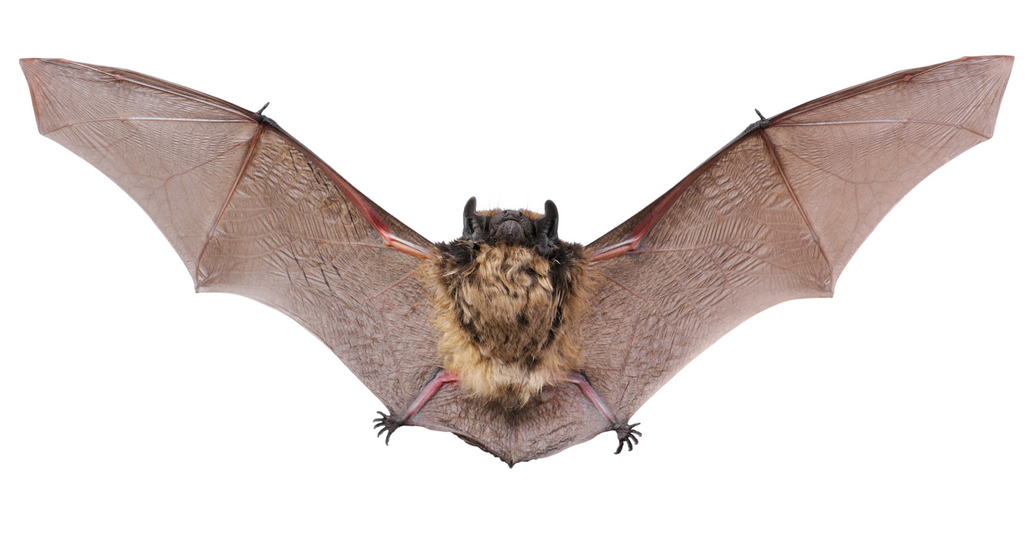Call Us About Skunks! 864-546-1016

Skunk Trapping and Removal
Skunks are classified as game animals in many states. Trapping and removal of pest skunks may require special permits or regulation compliance. Skunks may be aggressive animals when threatened or sick, it is always safer to allow trained specialist to trap and remove nuisance wildlife. Skunks are also a carrier of rabies virus. The wildlife specialist at All About Wildlife Control understand the health and safety risks of dealing with each wild animal and we have the knowledge and experience to safely and effectively solve your nuisance skunk problem.
Call All About Wildlife Control today at (864) 546-1016 to get rid of skunks and to prevent skunk problems.
All About Wildlife Control in Greenville, Anderson, and Seneca, SC is your trusted skunk control and removal expert.
Skunk Prevention and Control
Skunks prefer cover, so removing garbage, debris, and wood piles will reduce attractiveness to skunks. Homeowners should secure pet food and pet water at night, store garbage in metal or plastic containers with tight fitting lids and only place plant matter such as leaves and grass clippings in compost piles to avoid attracting raccoons, skunks, opossums and other scavengers. Use enclosed compost bins to compost waste foods to avoid attracting raccoons, skunks, opossums and other scavengers. Control programs for mice and other small rodents will also reduce food sources for skunks.
Seal all ground level opening to crawlspaces of house or buildings. Barriers can be used to protect decks, porches and gardens from skunks. Seal all ground level openings to poultry buildings and close doors securely.
For professional assistance and peace of mind, call the wildlife specialist at All About Wildlife Control to assist with your skunk problems. We will use our knowledge and experience to develop effective skunk damage prevention and skunk control strategies for your unique property and home.
Skunks are four legged mammals about the size of an ordinary house cat. Skunks have short stocky legs and claws that enable effective digging. Skunks are around 29 inches long and weigh 3 to 8 pounds.. Most stripped skunks have black fur with white stripes the length of body. Skunks can range in color from completely black to completely white. Spotted skunks are a smaller species and have multiple white stripes that start at head and gradually turn to spots toward the rump. Skunks are most active at dawn and dusk.
Skunks normally den under logs, in brush piles or in abandoned woodchuck holes. However, Skunks utilize homes and buildings for raising young and for use as a den in winter. Skunks will make dens under decks, porches, in crawlspaces and in other secluded areas.
Skunks primarily breed in late January. Four to six young are born usually in March or April. Young remain with mother until fall. During breading season males may travel 4 to 5 miles each night.
Skunks make a variety of sounds ranging from screeches and whimpers to chirps. A home owner may hear sounds if Skunks are in crawl spaces of home or if skunks are under decks or porch.
Skunks are found throughout the US and are common in wooded urban areas. Skunks also live in clearings, pastures, and open lands bordering forests. Skunks can be found in cities and around parks.
Skunks prefer insects as a food source. Mice are another important food source for skunks. When these food sources are scarce, skunks will prey on rats, rabbits, and other small mammals. Skunks occasionally kill poultry and eat eggs. Skunks will eat agricultural corn. Skunks will also eat human garbage and other food waste.
Skunks are carriers of rabies. In addition to biting humans, Skunks can bite and transmit rabies to livestock and domestic animals which can then transmit rabies to humans.
Skunks also spray musk scent from anal glands as a defense mechanism. Skunks usually stamp their forefeet rapidly and arch their tails over back as a preparatory warning before releasing spray. Avoid loud and quick movements if you find yourself close to a skunk and retreat slowly and quietly.
Skunks can damage gardens, lawns, golf courses and other turfs while digging for insect grubs. Skunks will occasionally eat agricultural corn and kill poultry and eat eggs.
Sprayed musk can cause damage to structures as odor can penetrate and linger on cloth items, clothing and carpets. Skunk spray can contaminate items several floors away from source of spraying.



